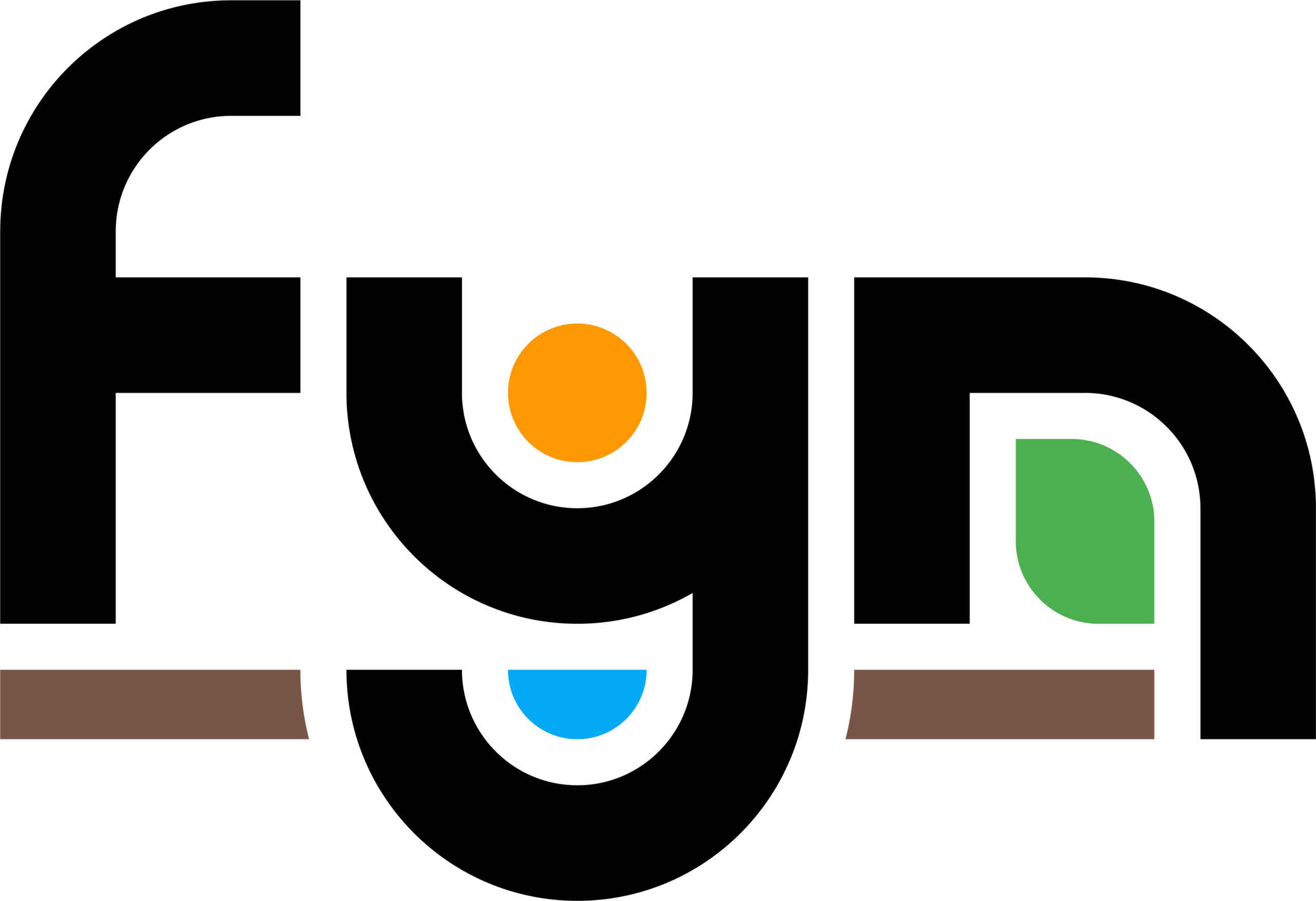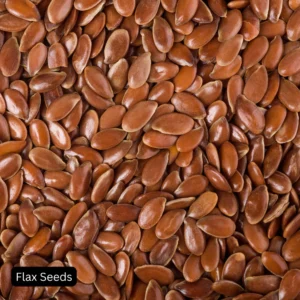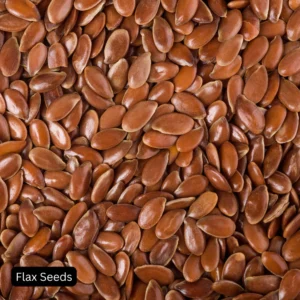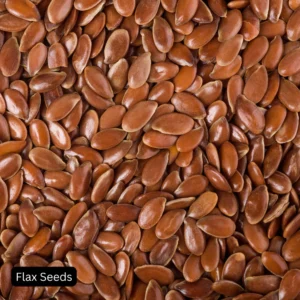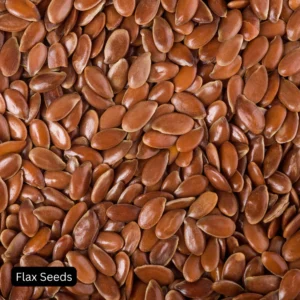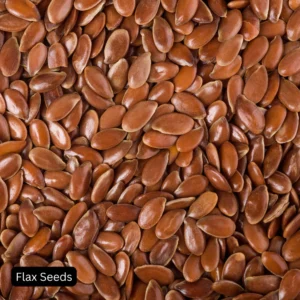Nuts & Seeds
Showing 1–12 of 20 results
Showing 1–12 of 20 results
Nuts and Seeds: Nutritional Powerhouses for Health and Wellness
Discover the health benefits and nutritional value of nuts and seeds, the versatile and nutrient-dense foods that can enhance your well-being and support a healthy lifestyle.
Nuts and seeds are not only delicious and versatile, but they also offer a wide range of health benefits. Packed with essential nutrients, healthy fats, fiber, and various bioactive compounds, nuts and seeds have earned their reputation as nutritional powerhouses. In this article, we will explore the wonders of nuts and seeds, their health benefits, and how you can incorporate them into your daily diet for optimal health and wellness. Get ready to discover the incredible benefits of these small but mighty foods.
Table of Contents
- Introduction
- Nutritional Profile of Nuts and Seeds
- Health Benefits of Nuts and Seeds
- Incorporating Nuts and Seeds into Your Diet
- Precautions and Considerations
- Conclusion
Introduction
Nuts and seeds have been consumed for centuries and have been an integral part of various culinary traditions around the world. They come in a wide variety, including almonds, walnuts, cashews, pumpkin seeds, chia seeds, and flaxseeds, to name just a few. These nutrient-dense foods offer a combination of healthy fats, protein, fiber, vitamins, minerals, and antioxidants, making them an excellent addition to a balanced diet.
Nutritional Profile of Nuts and Seeds
Nuts and seeds are rich in essential nutrients that support overall health and well-being. While their specific nutritional composition varies, here are some common nutrients found in nuts and seeds:
- Healthy Fats: Nuts and seeds are a good source of monounsaturated and polyunsaturated fats, including omega-3 and omega-6 fatty acids, which are beneficial for heart health and brain function.
- Protein: Nuts and seeds provide plant-based protein, making them an excellent option for vegetarians and vegans. Protein is essential for building and repairing tissues and supporting various bodily functions.
- Fiber: Nuts and seeds are rich in dietary fiber, which aids in digestion, promotes satiety, and supports healthy cholesterol levels.
- Vitamins and Minerals: Nuts and seeds contain an array of vitamins and minerals, including vitamin E, magnesium, phosphorus, and zinc, which play crucial roles in maintaining optimal health.
- Antioxidants: Many nuts and seeds are rich in antioxidants, such as vitamin E and various phenolic compounds, which help protect cells from damage caused by free radicals.
Health Benefits of Nuts and Seeds
The consumption of nuts and seeds has been associated with numerous health benefits. Here are some notable advantages:
1. Heart Health
<pNuts and seeds are heart-healthy foods. Their rich content of monounsaturated and polyunsaturated fats, such as omega-3 fatty acids, can help lower LDL (bad) cholesterol levels and reduce the risk of heart disease. Additionally, their high levels of antioxidants and other bioactive compounds contribute to cardiovascular health.
2. Weight Management
Despite being calorie-dense, nuts and seeds can support weight management when consumed in moderation. Their combination of healthy fats, protein, and fiber promotes feelings of fullness and satiety, reducing the likelihood of overeating.
3. Blood Sugar Control
Nuts and seeds have a low glycemic index, meaning they have a minimal impact on blood sugar levels. Including them in meals or snacks can help regulate blood sugar and prevent spikes and crashes, making them a suitable choice for individuals with diabetes or those aiming to maintain stable blood sugar levels.
4. Digestive Health
The high fiber content in nuts and seeds promotes healthy digestion and prevents constipation. It supports regular bowel movements and feeds beneficial gut bacteria, contributing to a healthy gut microbiome.
5. Brain Health
The presence of omega-3 fatty acids, antioxidants, and other bioactive compounds in nuts and seeds is beneficial for brain health. These nutrients support cognitive function, memory, and may help reduce the risk of age-related cognitive decline.
6. Nutrient Density
Nuts and seeds are packed with essential nutrients, including vitamins, minerals, and antioxidants. Incorporating them into your diet ensures you receive a wide range of nutrients necessary for overall health and well-being.
Incorporating Nuts and Seeds into Your Diet
Here are some tips on how to include nuts and seeds in your daily diet:
1. Snacking
Enjoy a handful of mixed nuts or seeds as a nutritious snack. They provide a satisfying crunch and can keep you energized between meals.
2. Breakfast Boost
Add nuts and seeds to your breakfast routine. Sprinkle them over oatmeal, yogurt, or cereal to enhance flavor and add a nutritional boost.
3. Baking and Cooking
Incorporate nuts and seeds into your baked goods, such as muffins, bread, or granola bars. They add texture, flavor, and extra nutrients to your homemade creations.
4. Salad Toppings
Sprinkle chopped nuts or seeds on top of salads to add a crunchy element and increase their nutritional value. They pair well with greens, vegetables, and vinaigrettes.
5. Homemade Trail Mix
Create your own trail mix by combining different nuts, seeds, and dried fruits. It makes for a convenient and nutritious snack that you can take on the go.
Precautions and Considerations
While nuts and seeds are generally safe for most people, it’s important to consider the following:
1. Allergies
Some individuals may have allergies or sensitivities to certain nuts or seeds. If you experience any adverse reactions, such as itching, swelling, or difficulty breathing, discontinue consumption and seek medical attention if necessary.
2. Portion Control
Although nuts and seeds are nutritious, they are also calorie-dense. It’s essential to practice portion control to avoidconsuming excessive calories. A serving size of nuts is typically around 1 ounce (28 grams), which is equivalent to a small handful.
3. Preparation and Storage
Ensure that nuts and seeds are stored properly in airtight containers to maintain freshness and prevent spoilage. It’s also advisable to purchase raw or unsalted varieties to avoid excessive sodium or added oils.
Conclusion
Nuts and seeds are small but mighty when it comes to nutrition. Their combination of healthy fats, protein, fiber, vitamins, minerals, and antioxidants makes them a valuable addition to a balanced diet. By incorporating nuts and seeds into your daily routine, you can enjoy their numerous health benefits, including heart health, weight management, and improved brain function. So, grab a handful of nuts and seeds and experience the power of these nutritional gems for your overall health and wellness.
